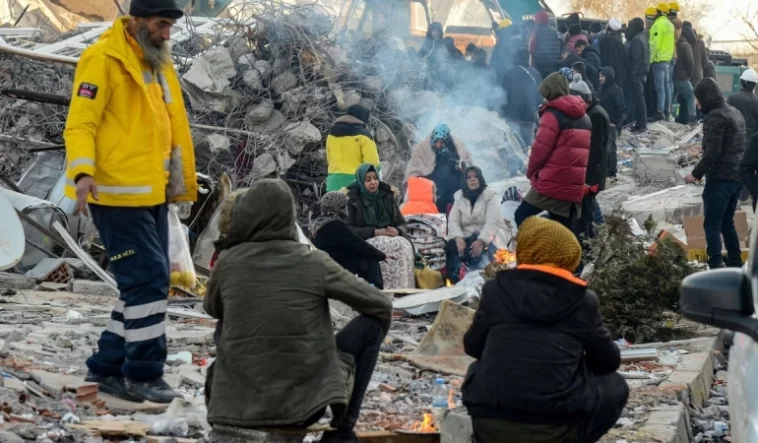The odds of discovering survivors have decreased now that the 72-hour window, which experts believe to be the most likely time to rescue life, has passed.
The 7.8-magnitude earthquake occurred early on Monday as residents were sleeping in a location where many had already lost everything and had been displaced because of Syria’s ongoing war.
The head of the World Health Organization (WHO) announced that he was headed to Syria since the extreme cold made it difficult to search through thousands of destroyed structures.
Tedros tweeted that he was “on my way to Syria,” where the WHO is assisting with basic medical treatment in earthquake-affected communities.
On my way to #Syria, where @WHO is supporting essential health care in the areas affected by the recent earthquake, building on our long-standing work across the country. pic.twitter.com/VUA6xg0OZW
— Tedros Adhanom Ghebreyesus (@DrTedros) February 9, 2023
The Security Council was asked by UN Secretary-General Antonio Guterres to approve the opening of new humanitarian supply crossing points between Turkey and Syria.
As part of a cross-border aid mission approved by the Security Council about ten years ago, four million people who reside in rebel-held areas of northwest Syria have been forced to rely on the Bab al-Hawa crossing.
Early on Thursday, the Turkish city of Gaziantep experienced temperatures as low as minus five degrees Celsius (23 degrees Fahrenheit), but many of families chose to spend the night in their cars and homemade tents because they were either too afraid to go home or were forbidden to do so.
Schools, mosques, gyms, and several retail establishments now stay open late. However, there is still a shortage of beds, and many people spend the night in motorised vehicles.
On Wednesday, Turkish President Recep Tayyip Erdogan admitted that the government’s response to the accident had “shortcomings.”
Turkey hasn’t had an earthquake of this size since 33,000 people died in the eastern region of Erzincan in 1939.


